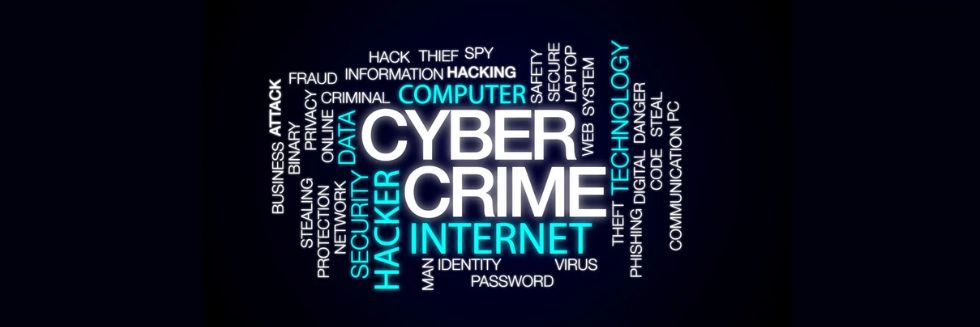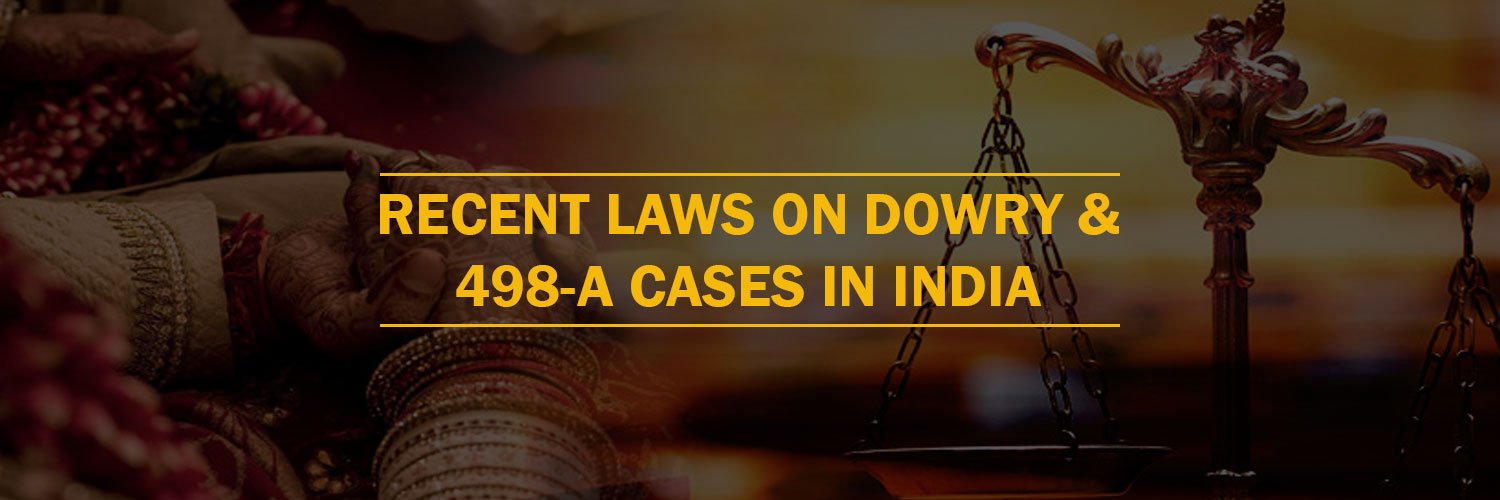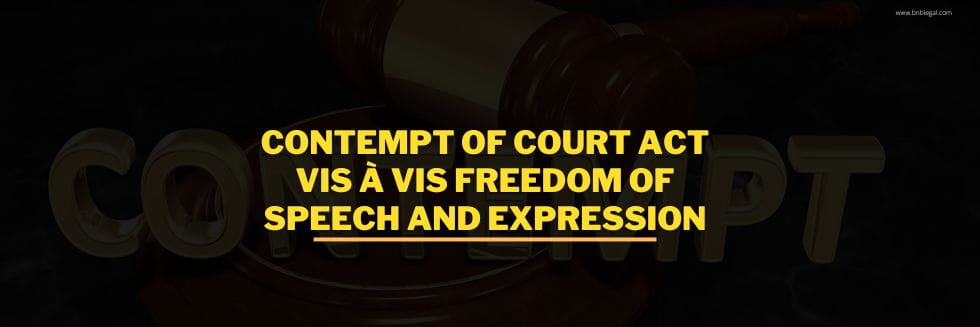OFFENCE OF CHEATING UNDER INDIAN PENAL CODE
Hawkins defined cheating as:
“Deceitful practices in defrauding or endeavoring to defraud another of own right by means of some artful decree contrary to the plain rule of common honesty.”
Cheating is defined under section 415 of the Indian Penal Code, which can be put in an analytical form:
1. Fraudulently, or dishonestly induces the person so deceived:
a. To deliver any property, or
b. To consent that any person shall retain any property, or
c. To do or omit to do anything which he would not do or omit to do if he were not so deceived, and;
d. To do an act or omission which causes or is likely to cause damage or harm to that person in body, mind, reputation or property is said to cheat.
SECTION 415 OF THE INDIAN PENAL CODE DEALS WITH CHEATING:
Ingredients:
In Ram Jas Vs. State of Uttar Pradesh AIR 1970 SC 1811, the Supreme court laid down the essential ingredients of the offence of cheating.
1. There should be fraudulent or dishonest inducement of a person deceiving him.
2. a) the person so deceived should be induced to deliver any property to any person or to consent that any person shall retain any properly; or
b) the person so deceived should be intentionally induced to do or omit to do anything which he would not do or omit if Lie were not so deceived, and
3. In cases covered by (2) (b), the act or omission should be one which causes or is likely to cause damage or harm to the person induced in body, mind, reputation or property.
DETAILED ANALYSIS OF THE SECTION
A. Deception:
One of the initial ingredients which have to be proved to establish the offence of cheating is deception. Generally speaking, deceiving is lead into error by causing a person to believe what is false or to disbelieve what is true and such deception may be by words or conduct.
In Swami Dhirendra Brahmachari vs. Shaikndra Bushan (1995) Cr. LJ 1810 (Delhi), the court held that when the accused made false assertions that his ashram is recognized by government of India, thereby, inducing students for admission, the court held him guilty of cheating.
B. Inducement:
The second essential ingredient to the offence of cheating is the element of “inducement” The emphases, on the effect of the fraudulent or dishonest act must be such that it induces the person deceived to deliver or do something in the form of act or omission.
In Swami BS SVYV Maharaj vs. State of Andhra Pradesh AIR 1999 SC 2332, the court held that when the appellant accused made representation that he had divine healing powers through his touches, thereby, making the complainant believe that he could cure his little girl of his congenital dumbness through his divine powers, inducing later to shell out money to accused is fraudulent and amounted to inducement.
Therefore, is held liable under this section.
C. Dishonest Intention:
Dishonest Intention should be present at the time of making the promise. It is necessary to consider that for the offence of cheating to be made out, the inducement by the accused to the complainants must have been made in the initial or early part of the transaction itself. If this is not shown, then the dispute is civil in nature.
In Hari Prasad Chamaria vs. Bhisun Kumar Surekha AIR 1974 SC 301, the Supreme Court held that the fact that subsequent to the transaction, the respondents did not honour their promises would only create a civil liability, and, a criminal liability cannot be fastened on the accused.
D. Damage
To body, Mind, reputation or property caused or a damage likely to be caused:
The use of the term “cause” in section 415 postulates a direct and proximate connection between the act or omission and harm and the damage to the victim. It must be natural consequence of the act or omission in question and not a contingent one. The definition includes all damages resulting or likely to result as a direct natural or probable consequence of the induced act.
Punishment for Cheating:
Whoever cheats shall be punished with imprisonment of either description for a term which may extend to one year or with fine or with both.
AGGRAVATED FORMS OF CHEATING:
Section 416 covers cheating by personation and makes it punishable with imprisonment for a term which may extend to 3 years or fine or both.
Section 418 covers cheating with knowledge that wrongful loss may ensue to a person whose interest the offender is bound to protect. The section provides for imprisonment which may extend to 3 years or with fine or with both:
SECTION 420 INDIAN PENAL CODE
Cheating and inducing the delivery of property:
Section 420 is quite eventful and infamous for being one of the most used sections in the history of Indian Criminal Litigation. Section 420 provides that offender be punished with imprisonment which may extend to 7 years and shall also be liable to fine.
Current Scenario:
The fifth law commission recommended that two new sections (420A and 420B) be added, of to tackle the problem of cheating of government on a large scale by dishonest contractors while supplying goods or executing works, which has been further endorsed by the fourteenth law commission into reforms, but, still, no action has been taken by the legislature on this front.
Cheating by Impersonation:
A person is said to “cheat by personation” if he cheats by pretending to be- some other person, or, by knowingly substituting one-person for another, or representing that he or any other person is a person other than he or such other person really is.
The offence is committed whether the individual personated is a real or an imaginary person.
Illustration:
(a) A cheats by pretending to be a certain rich banker of the same name. A cheats by personation.
(b) A cheats by pretending to be B, a person who is deceased. A cheats by personation.
The offence of cheating by personation is an aggravated form of cheating. To personate means to pretend to be a particular person. As soon as a man by word, act, or sign hold himself forth as a person entitled to vote with the object of passing himself off as that person, and exercising the right which that person has, he has personated him.
In Baboo Khan Vs. State of Uttar Pradesh AIR 1961 ALL 639, the accused who pretended to be a certain well-known eye specialist and induced the complainant to allow him to perform an operation on the eye of his 12 year old son, was found guilty under this section.
Similarly, in R. Matameswara Rao, AIR 1957 AP 4, when the accused used the railway season ticket issued in the name of a different person by pretending to be that person, the offence fell under this section. Therefore, personation by itself is no offence, but, when a person fraudulently and dishonestly commits a fraudulent act, and represents himself as another person, section 416 is attracted.
Section 419 provides for punishment for cheating by personation:
Whoever cheats by personation shall be punished with imprisonment of either description for a term which may extend to three years, or with fine, or, with both:
Therefore, under this section, a person commits cheating when he pretends to be another person, real or imaginary. The offence is committed provided some gain has accrued or some loss is incurred by either party.
Related Acts
Related Articles






